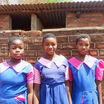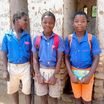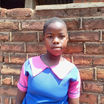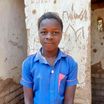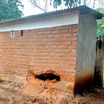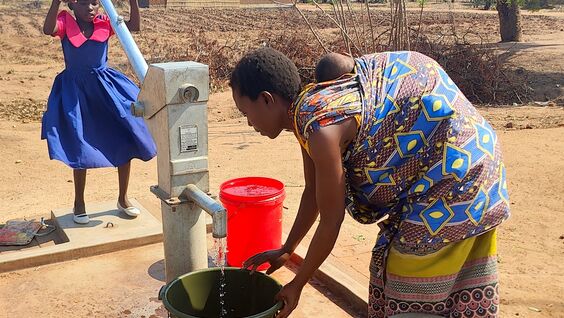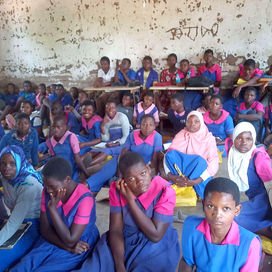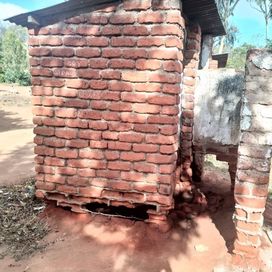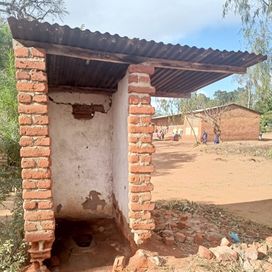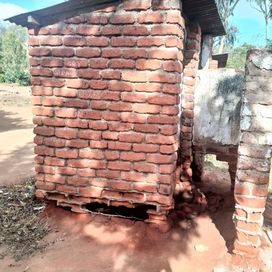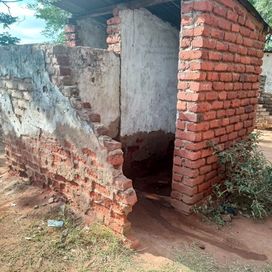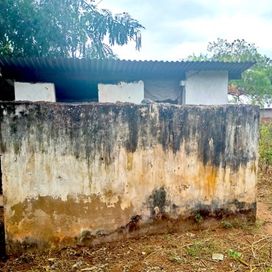Project
St. Paul's Primary School
Project Complete!
St. Paul's Primary School in Zomba District, Malawi, has an extremely large enrollment of 2,665 students and only 24 teachers with a sprawling campus of 15 classrooms. Students walk to school from as far as a 7km distance. In the overcrowded classrooms, students sit on the floor as there are no desks to accommodate them.
The school has one shallow borehole well within its premises however, it breaks down frequently and dries up during the dry season (April-November), forcing the students to spend class time retrieving water in Nakholo Village about 1.5 km from the school. A new, deep water borehole with a hand pump is needed so that students and teachers can have direct access to clean water for drinking, washing hands and cleaning.
Most of the latrines at the school are in bad shape and are a health hazard to the learners and teachers. The boys toilets installed in 2002 are in very poor condition, with no doors, and are dirty. They are impossible to empty and should be decommissioned. The girls toilets were built in 2014 as a disaster relief response, however, they are in poor condition, with no doors, and dirty. It is not possible to empty them and they also should be decommissioned. As with most of the structures at the school, the girls' changing room does not have a door and offers no privacy. There are no hand washing facilities, contributing to high instances of water-related diseases.
Our implementing partner, Freshwater Project International, will drill a new deep borehole water well, and install a hand pump with a drainage apron on campus. They also plan to provide 5 blocks of 4 stance VIP latrines for both girls and boys with locking doors. All of the sanitation facilities will have hand-washing stations adjacent, and more hand-washing stations will be located close to the classrooms. Students will also receive hygiene and hand-washing training. Additionally, students will receive a supply of Procter & Gamble Purifier of Water packets to educate them on the importance of clean water and hygiene and to purify water in their homes.
H2O for Life is not a WASH (water, sanitation and hygiene) project implementer. We have partnerships with non-governmental organizations (NGOs) implementing WASH in Schools projects around the world. Our NGO partners match funds needed for each school project. We also have a generous donor that provides us with an interest-free loan that, along with matching funds, allows for many projects to be started or possibly even completed before total funds have been raised. In rare situations we reserve the right to reallocate funds to alternate project(s).
Questions? Ask us at 651-756-7577 or info@h2oforlifeschools.org.
Project Sponsors
May 5, 2025
Project a Success!
St. Paul's Primary School in Zomba District, Malawi, has an extremely large enrollment of 2,665 students and only 24 teachers with a sprawling campus of 15 classrooms. Students walk to...

